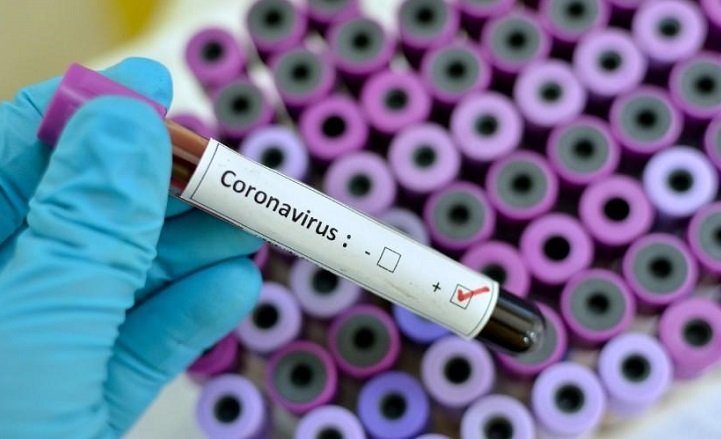National interest may require distributing COVID-19 vaccines to other countries

by Alessia Melegaro and Maria Cucciniello, in collaboration with Yale University, University of Siena, University of Edinburgh, University of Lausanne
As the clinical trials for COVID-19 vaccine progress, understanding how to distribute the initially scarce doses is of paramount importance and a quantitative analysis of the trade-offs involved in domestic-only versus cooperative distribution is still missing. In this study we use a network Susceptible-Infected-Removed (SIR) model to show under which circumstances it is in a country’s self-interest to ensure other countries can also obtain a COVID-19 vaccine rather than focusing only on vaccination of their own residents. In particular, we focus our analysis on the US’s decision and estimate the internal burden of COVID-19 disease under different scenarios about vaccine cooperation. We show that in scenarios in which the US has reached the threshold for
domestic herd immunity, the US may find it optimal to donate doses to other countries with lower vaccination coverage, as this would allow for a sharp reduction in the inflow of infected individuals from abroad.
Publications:
- Rotesi T., et al. "National interest may require distributing COVID-19 vaccines to other countries", forthcoming.
